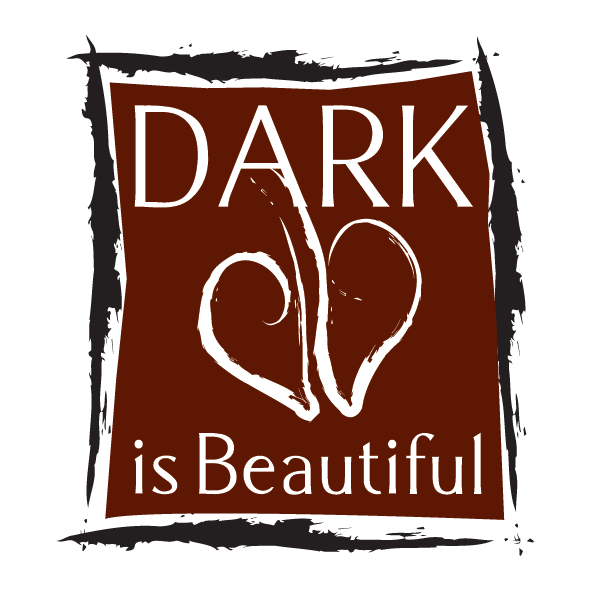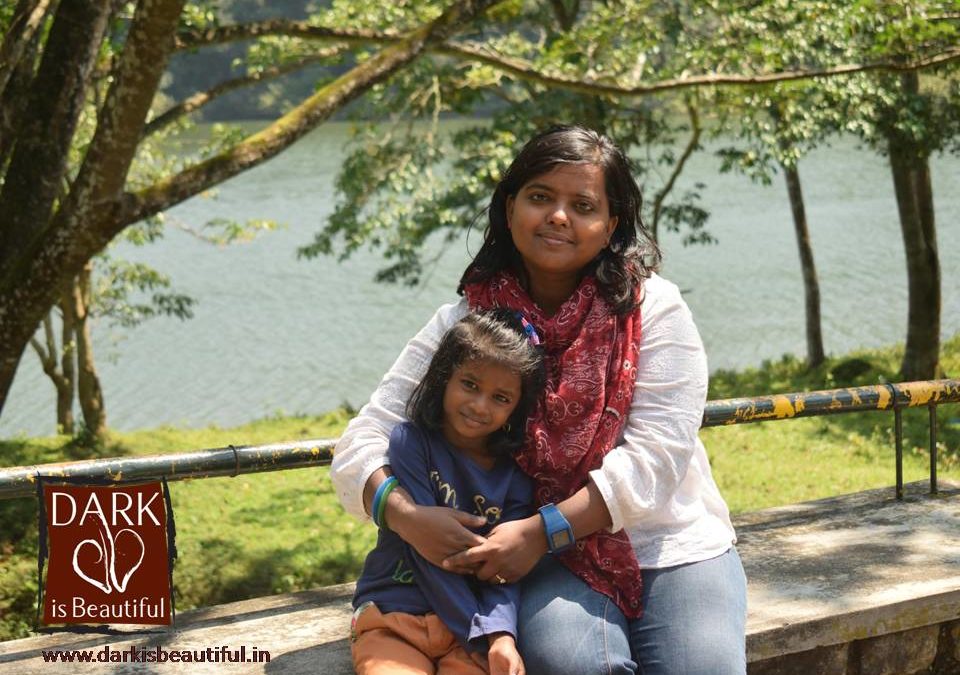“Her daughter used to be fair before. She didn’t bathe her properly, so she turned dark.”
This was what was being said about my daughter when she was around three, and the “She” being accused so unfairly that it doesn’t even seem plausible, is me. What made the accusation even worse was that it was never told to me directly.
Growing up as a dark child had never been easy, with well meaning relatives constantly offering suggestions to try this fairness cream or that. My sister and I have been bombarded regularly by relatives, neighbours and sometimes random strangers, who made it their moral obligation to help us ‘improve’ our complexion. The growing up years were terrible enough, yet, I was optimistic enough to believe that the worst was now over. Little did I know that this phenomenon is so deep rooted that it has already started to rear its ugly head, this time with my daughter.
A few weeks ago, I found her scrubbing her face vigorously while taking a bath. I told her to stop doing that for it may affect her skin adversely.
“But Ma, my friend said he’d be my friend if I am “white”. So I want to put more soap.”
I was quite distraught. I don’t blame the little boy for saying what he did, but what kind of messages are we, the adults sending our children? Friendship should be based on mutual respect and shared interests, not skin colour! Before you shrug this off as a minor event that will “sort itself out”, why would a six year old put herself through so much trouble, if she did not, intuitively, realize that there was something wrong with her skin colour?
The incident made me think of all the innocuous ways we pass this malaise on to our children. Much has been said about how this discrimination exists and why it does, but can something be done about it? I think yes. Here are a few small things that you can do as adults, parents and teachers to reduce the spread of this ugly mindset.
- Refrain from making statements like “I have turned so black in the sun, I look so ugly!” in front of your kids.
- If you’re a teacher, make a conscious effort to appreciate a child’s efforts and not her skin colour.
- When attending a wedding, comment on how well-mannered or well-educated or even how beautiful the bride is, not on the colour of her skin.
- If someone else comments on how your child has turned darker / fairer, politely tell them to stop referencing to your child’s skin colour.
- Dark is not “the colour of construction workers”. Such a statement is wrong, on so many levels.
- Fair does not mean high class and dark doesn’t mean sexy. Examine your thoughts regularly to eliminate such stereotypes.
- Don’t make your child drink milk by saying it will make him / her fair. Drinking milk makes them strong, skin colour is determined by genes. If your child drinks milk and is still dark, please look at yourself in the mirror or peruse your family album of photos.
- Being fair does not ensure early marriage for girls. Take it from me, I married early and I am dark.
- Do make comments on how beautiful dark skin is, especially in public. This is not to put down fair skin, but just to regain equilibrium in our lopsided colourist world.
- Think twice before you make any statement at all regarding a child’s skin colour. You may be scarring a young soul for life.
I am sure that, by adopting a few conscious practices, we can make colourism a thing of the past. Am I being foolishly optimistic, yet again? Only time will tell.
About the author: Vaidehi Sriram is a teacher and language trainer and is extremely passionate about learning and teaching. She enjoys writing, music and reading. Her website www.alearninghut.com is a quest towards more wholesome entertainment, better teaching and learning methods and anything else her ambitious mind can think of!



Really great article – I was thinking about a similar article which I will probably still write, but from a slightly different angle. Thanks for sharing this with your readersObviously a lot of others appreciate it too!
Thank you so much! 🙂
Awesome…. Well said